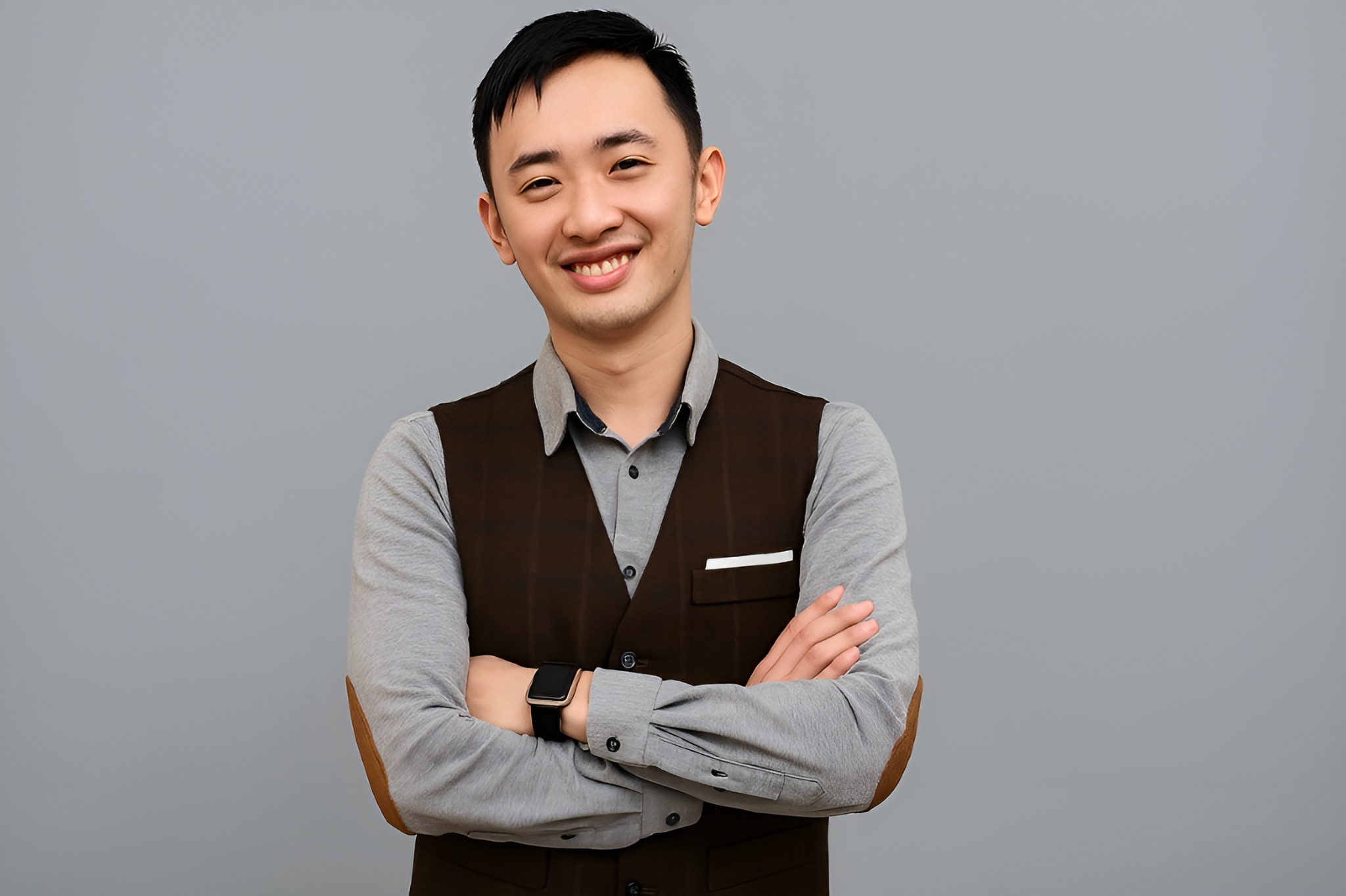Aging. It’s an inevitable process, but what if it wasn’t? What if we could not only slow down the hands of time but actually reverse the biological clock? This isn’t science fiction anymore. Thanks to the relentless dedication of visionary scientists named Dr. Yuancheng Ryan Lu, we are standing at the precipice of a new era in medicine. This era promises both age reversal and cellular rejuvenation.
Dr. Lu, a distinguished figure in the longevity research landscape, has been at the forefront of unraveling the complex mechanisms of aging, particularly through his pioneering work in epigenetic reprogramming. His contributions are not just theoretical; they are translating into tangible breakthroughs. The most exciting news among this is the commencement of human trials for OSK treatment in January. This is a monumental leap forward, promising to redefine what’s possible for human health and lifespan.
Who is Yuancheng Ryan Lu?
Dr. Yuancheng Ryan Lu earned his Ph.D. from the prestigious Whitehead Institute for Biomedical Research and Massachusetts Institute of Technology (MIT). His foundational work in cellular biology and genetics laid the groundwork for his profound impact on aging science. He further honed his expertise as a postdoctoral fellow at the Whitehead Institute/MIT. He was also closely associated with the renowned Sinclair Lab at Harvard University, under the mentorship of Dr. David A. Sinclair, a leading authority in epigenetics and aging.
Lu’s academic journey and collaborative spirit have positioned him as a key innovator in a field that holds the ultimate promise. This promise involves both extending healthy human lifespan and combating the debilitating effects of age-related diseases.
The Science That Changes Everything: Epigenetic Reprogramming and OSK
At the heart of Dr. Lu’s revolutionary research lies epigenetic reprogramming. To understand this, imagine your DNA as the hardware of a computer – the fixed code. Epigenetics, on the other hand, is the software that dictates how that hardware is used, influencing which genes are turned on or off. Over time, this “software” can get corrupted or disorganized, leading to the cellular dysfunction we associate with aging.
Dr. Lu’s work, building on the Nobel Prize-winning discoveries of Shinya Yamanaka, focuses on a specific set of transcription factors: Oct4, Sox2, and Klf4, collectively known as OSK. These factors, when precisely controlled, have the astonishing ability to “reset” the epigenetic clock of cells, effectively making them biologically younger.
Here’s a closer look at his breakthrough research:
- Reversing Vision Loss in Mice: One of Dr. Lu’s most impactful discoveries, in collaboration with David A. Sinclair, was the demonstration that OSK treatment could reverse age-related vision loss and damage from glaucoma in mice. Published in Nature, this study was a watershed moment, showing that it’s possible to safely rejuvenate complex tissues in vivo without losing cell identity or inducing tumors. This has profound implications for treating degenerative eye conditions in humans.
- The Information Theory of Aging: Dr. Lu is a co-author of the seminal “Information Theory of Aging.” This theory posits that aging is fundamentally a loss of vital epigenetic information. Crucially, it suggests that by restoring this information through precise reprogramming, we can not only slow but potentially reverse the secret of aging process. This framework provides a new lens through which to understand and target the root causes of aging.
- Targeting Neurodegeneration: Beyond the eye, Dr. Lu’s research extends to the brain. His work involves developing innovative methods for creating microglia-like cells, which are crucial for understanding and treating neurological disorders. He is actively investigating whether epigenetic reprogramming can reverse age-associated cognitive decline and mitigate the progression of diseases like Alzheimer’s.
The Moment We’ve Been Waiting For: Human Trials of OSK Treatment Commence in January!
The culmination of years of rigorous preclinical research has arrived: human clinical trials for OSK treatment have officially commenced in January (referring to January 2025). While specific details on the initial trial phases and conditions being targeted are still emerging, this marks an unprecedented step. It represents a move towards translating epigenetic age reversal from laboratory success to a potential reality for human patients.
This monumental undertaking is a testament to the safety and efficacy observed in extensive animal studies, particularly in the restoration of visual function and the reversal of biological age markers. The initial trials are likely to focus on specific age-related conditions where the treatment can be most safely and effectively evaluated. This could potentially include areas like age-related vision conditions or other forms of localized tissue degeneration.
The initiation of human trials signifies a critical turning point for the entire longevity field. It means that the scientific community is confident enough in the promise and safety of OSK-mediated epigenetic reprogramming to begin testing its effects directly in people.
Impact and the Future of Longevity
Dr. Yuancheng Ryan Lu’s work has not only expanded our fundamental understanding of aging but has also provided a concrete path towards regenerative medicine and human rejuvenation. His research challenges the traditional view of aging as an irreversible decline. This offers a paradigm shift towards a future where age-related diseases might be treatable, preventable, and even reversible. The successful progression of OSK human trials could revolutionize healthcare, leading to:
- Effective treatments for age-related blindness and neurodegenerative diseases.
- New therapies for organ and tissue regeneration.
- Significantly extended healthy lifespan, improving quality of life for millions.
- A deeper understanding of human biology and the aging process.
Conclusion
Dr. Yuancheng Ryan Lu stands as a beacon in the quest for healthy longevity. His unwavering commitment to scientific discovery, particularly in epigenetic reprogramming. He has brought us to the brink of a new medical frontier. With OSK human trials now underway, the world watches with anticipation as his groundbreaking research moves closer to transforming the very definition of aging. The dream of age reversal is no longer confined to the realms of imagination. It is becoming a tangible scientific pursuit, promising a healthier, more vibrant future for all.


